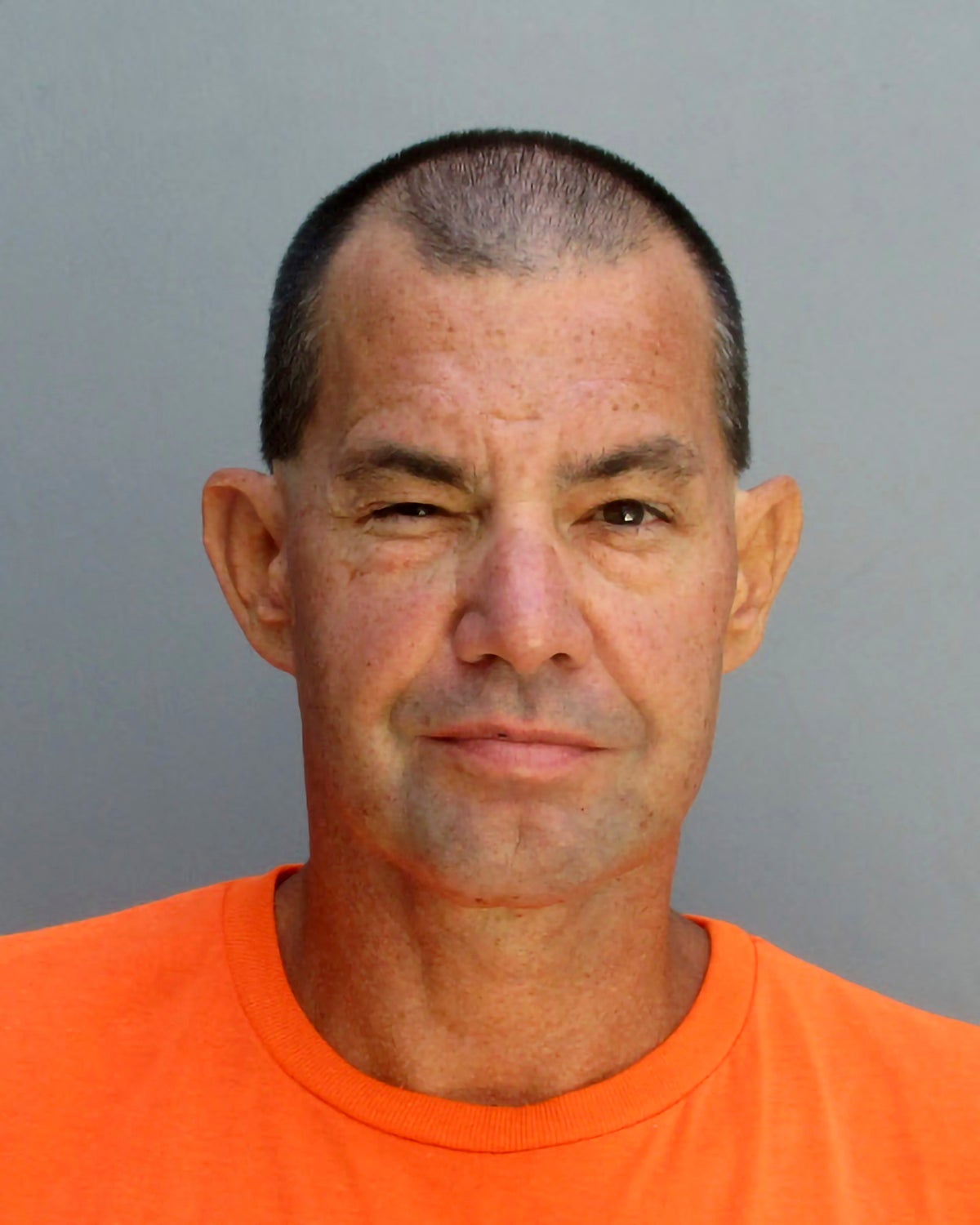
Arizona Gov. Katie Hobbs vowed Friday that her administration won't carry out an execution even though the state Supreme Court scheduled it over the objections of the state’s new attorney general.
The Democratic governor’s vow not to execute Aaron Gunches on April 6 for his murder conviction in a 2002 killing came a day after the state Supreme Court said it must grant an execution warrant if certain appellate proceedings have concluded — and that those requirements were met in Gunches’ case.
Last week, Hobbs appointed retired U.S. Magistrate Judge David Duncan to examine the state’s procurement of lethal injection drugs and other death penalty protocols due to the state’s history of mismanaging executions.
“Under my Administration, an execution will not occur until the people of Arizona can have confidence that the State is not violating the law in carrying out the gravest of penalties,” Hobbs said in a statement Friday.
Attorney General Kris Mayes’ office has said it won’t seek court orders to carry out executions while Hobbs’ review is underway.
Mayes, a Democrat who took office in January, tried to withdraw a request by her Republican predecessor, Mark Brnovich, for a warrant to Gunches. The court declined to withdraw the request on Thursday.
The court said Hobbs' review “does not constitute good cause for refraining from issuing the warrant.”
Arizona, which has 110 prisoners on death row, carried out three executions last year after a nearly eight-year hiatus following criticism that a 2014 execution was botched and because of difficulties obtaining execution drugs.
Since resuming executions, the state has been criticized for taking too long to insert an IV for lethal injection into a prisoner’s body in early May and for denying the Arizona Republic newspaper’s request to witness the last three executions.
Gunches is scheduled to be executed on April 6 for the 2002 killing of Ted Price, his girlfriend’s ex-husband, in Maricopa County.
Gunches, who isn’t a lawyer, represented himself in November when he asked the Supreme Court to issue his execution warrant so justice could be served and the victims could get closure. In Brnovich’s last month in office, his office asked the court for a warrant to execute Gunches.
But Gunches withdrew his request in early January, and Mayes asked for the execution warrant submitted during Brnovich’s tenure to be withdrawn.







